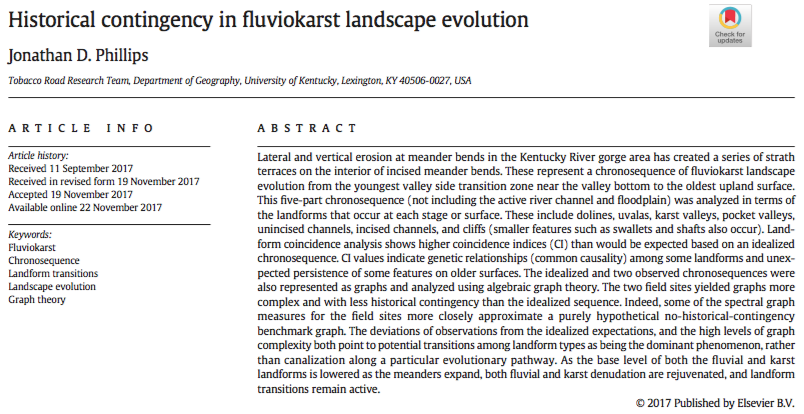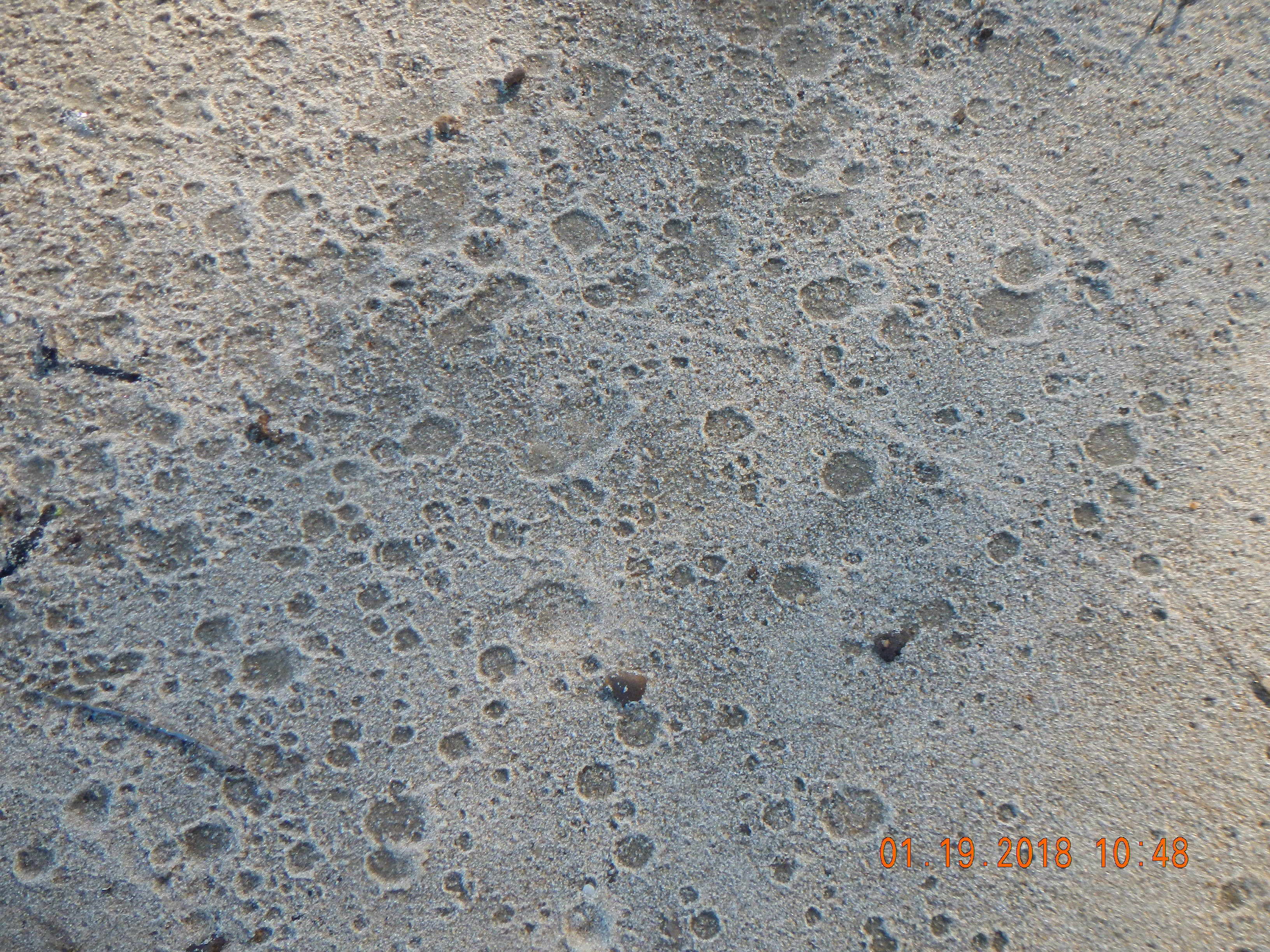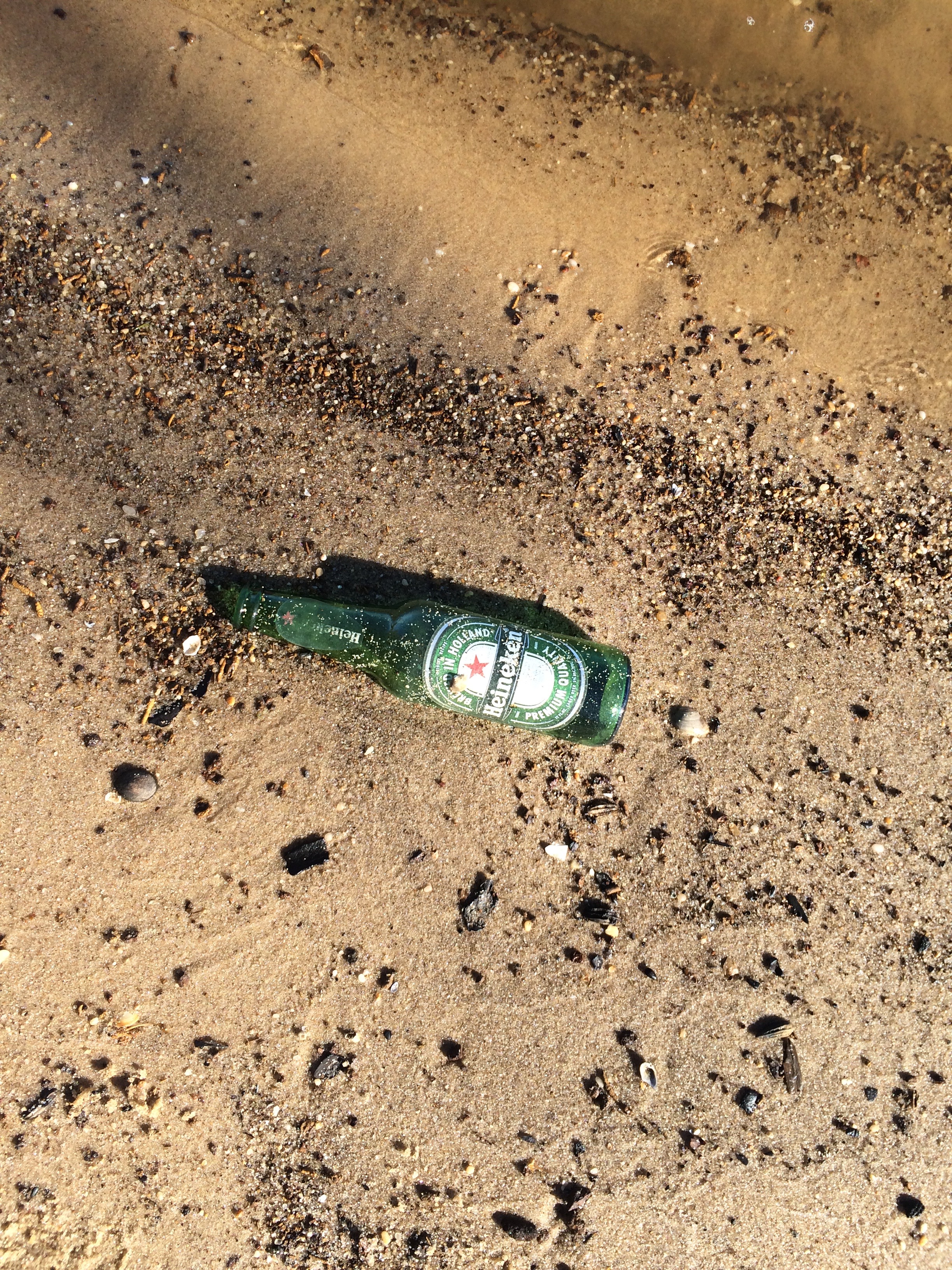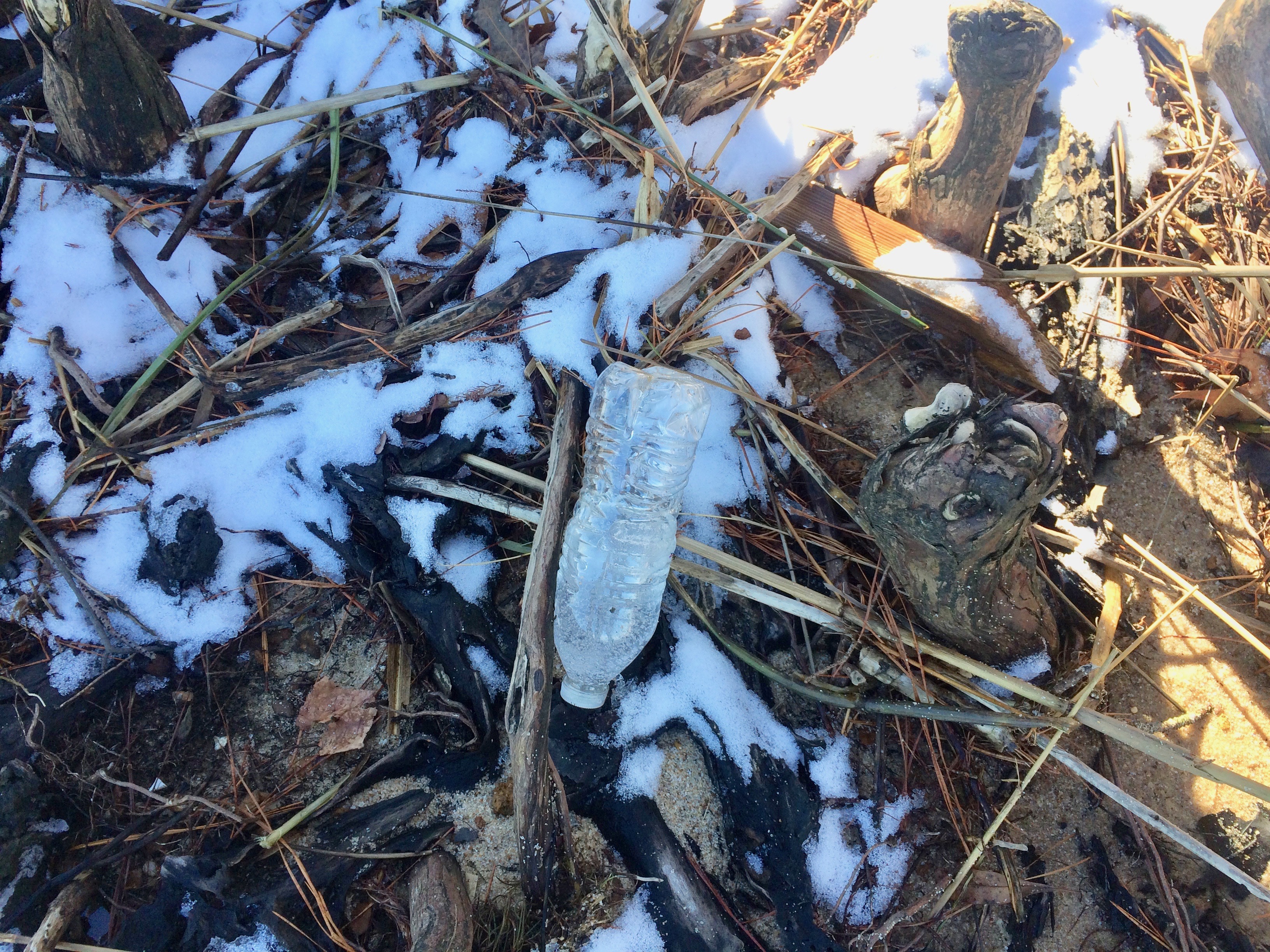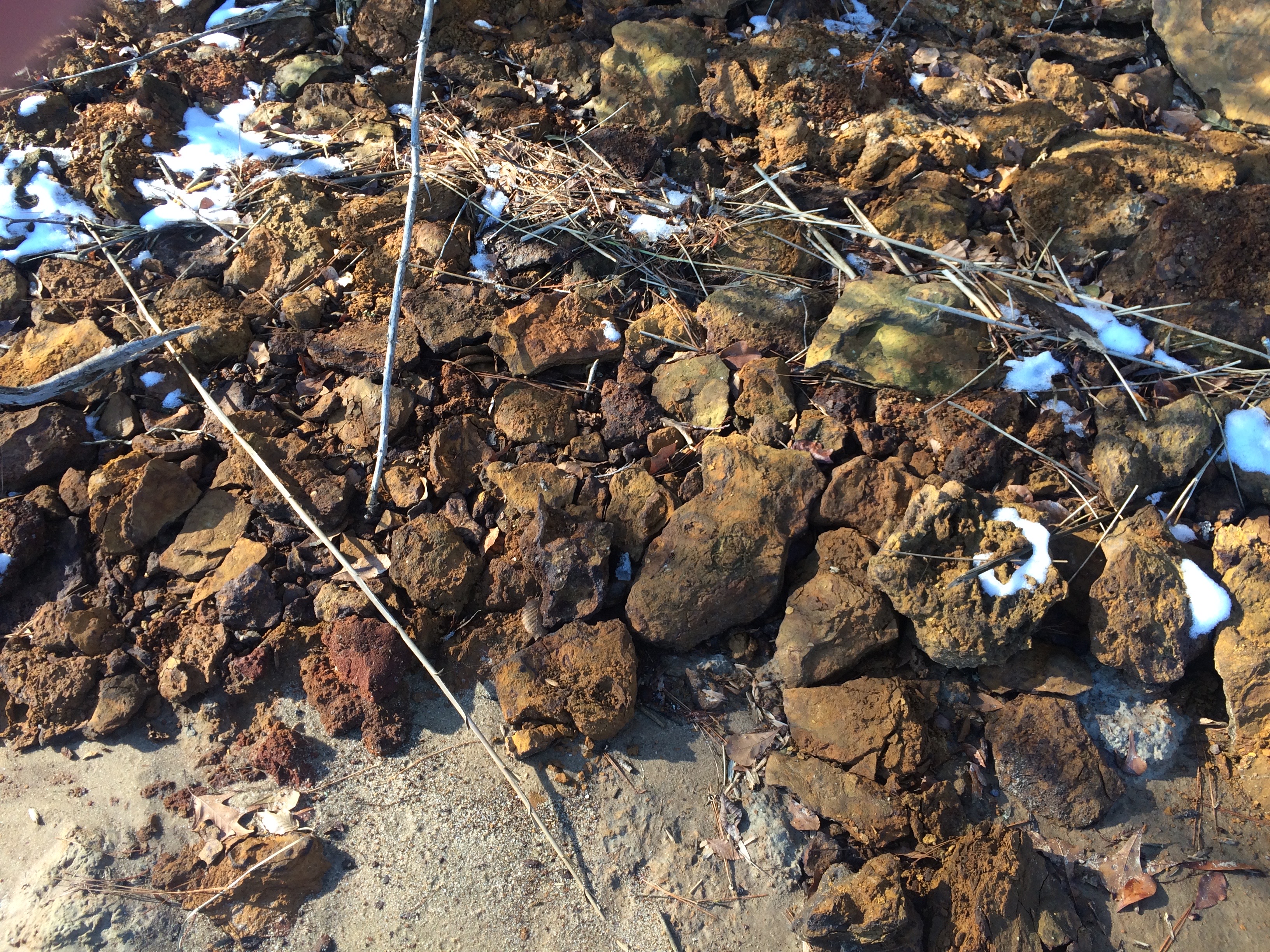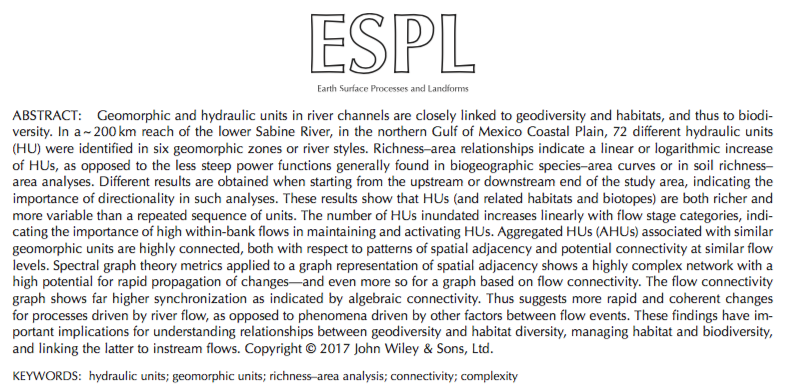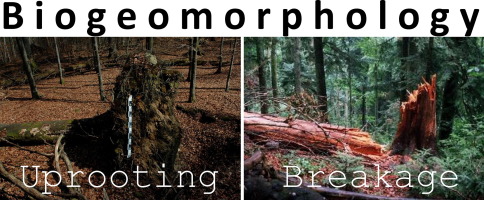EVOLUTIONARY CREATIVITY IN LANDSCAPES?
More than one scholarly observer has remarked in the contrast between physics, characterized mostly by deterministic, hard-and-fast laws that operate the same way everywhere and always (at least the Newtonian physics that apply to Earth sciences) and biology. Biology is portrayed as being much more fluid and dynamic, in the sense that chance (e.g., mutations) and environmental adaptations play a major role. As Gregory Chaitin (2012; a mathematician, by the way, not a biologist) puts it, biota and evolution are creative, while physics is not. This tension is sometimes portrayed or exemplified as a Newtonian (as in Isaac Newton) vs. Darwinian (i.e., Charles Darwinian) outlook.

I have much love for both Newton (left) and Darwin, but have chosen to follow Darwin with respect to my hairstyle.

